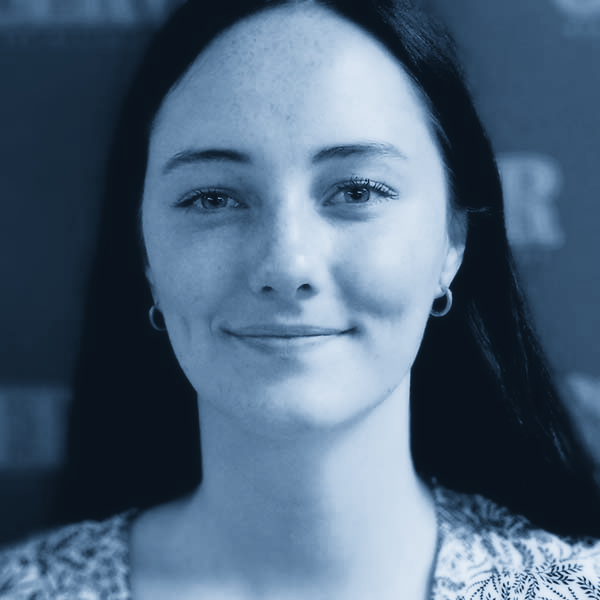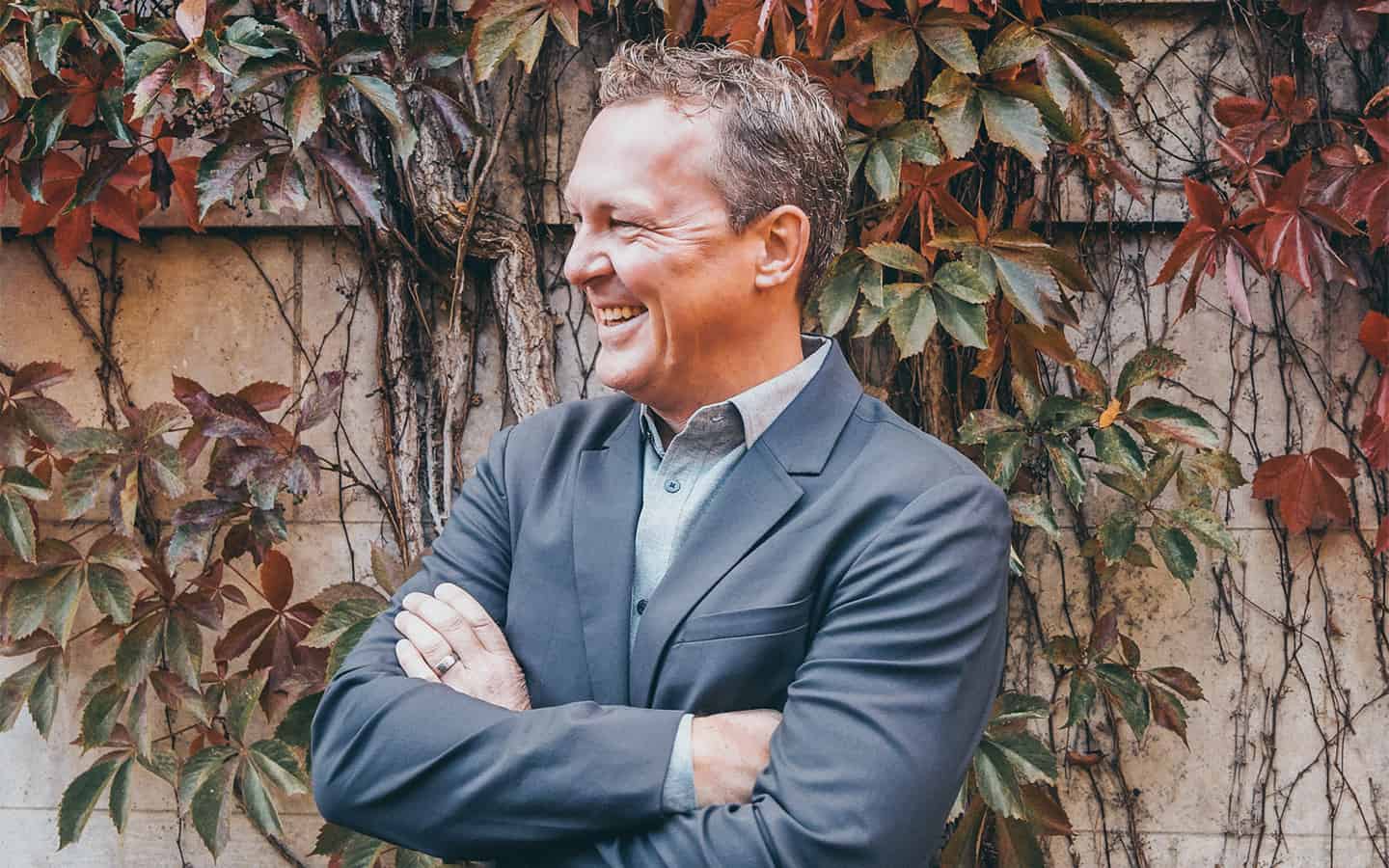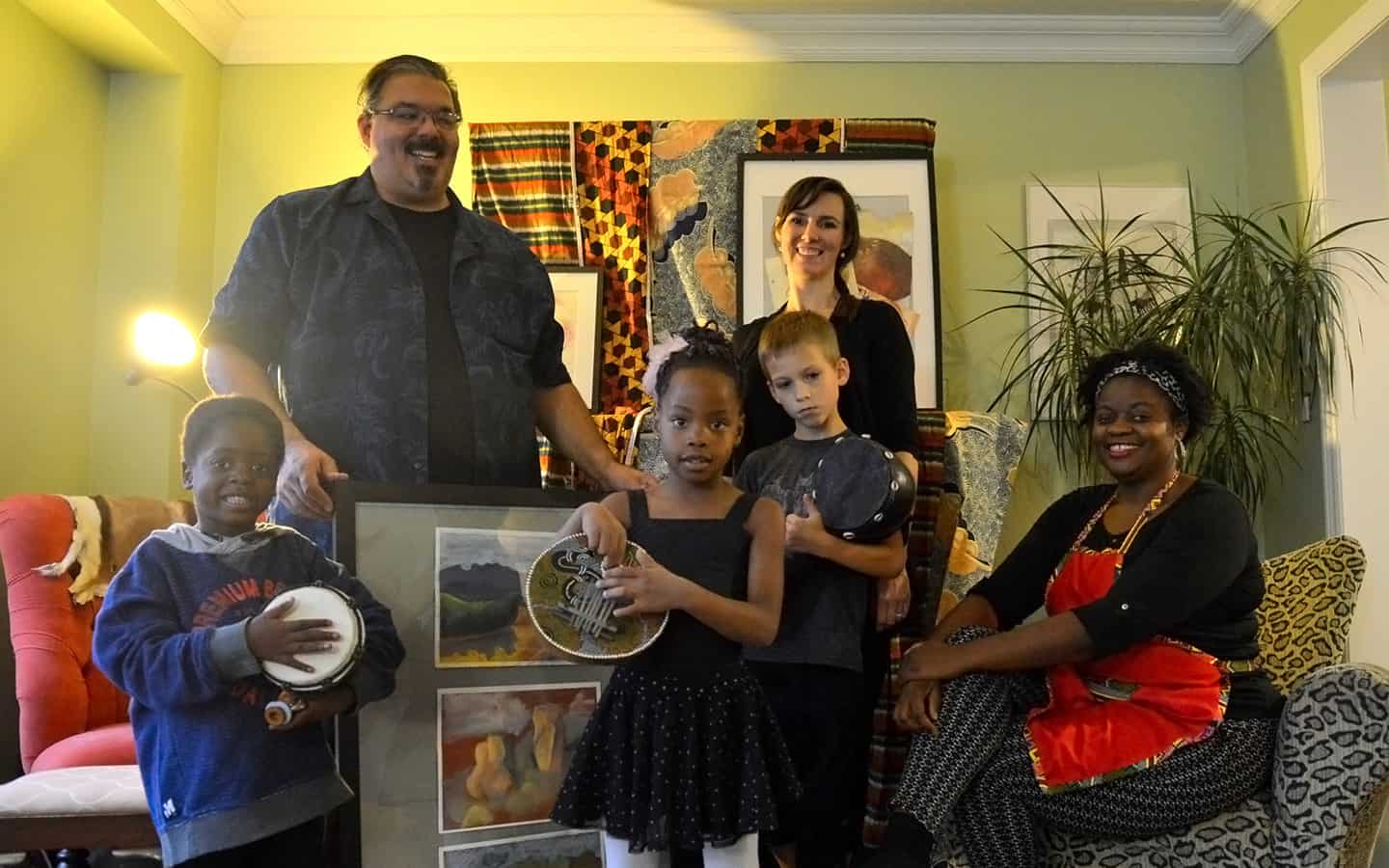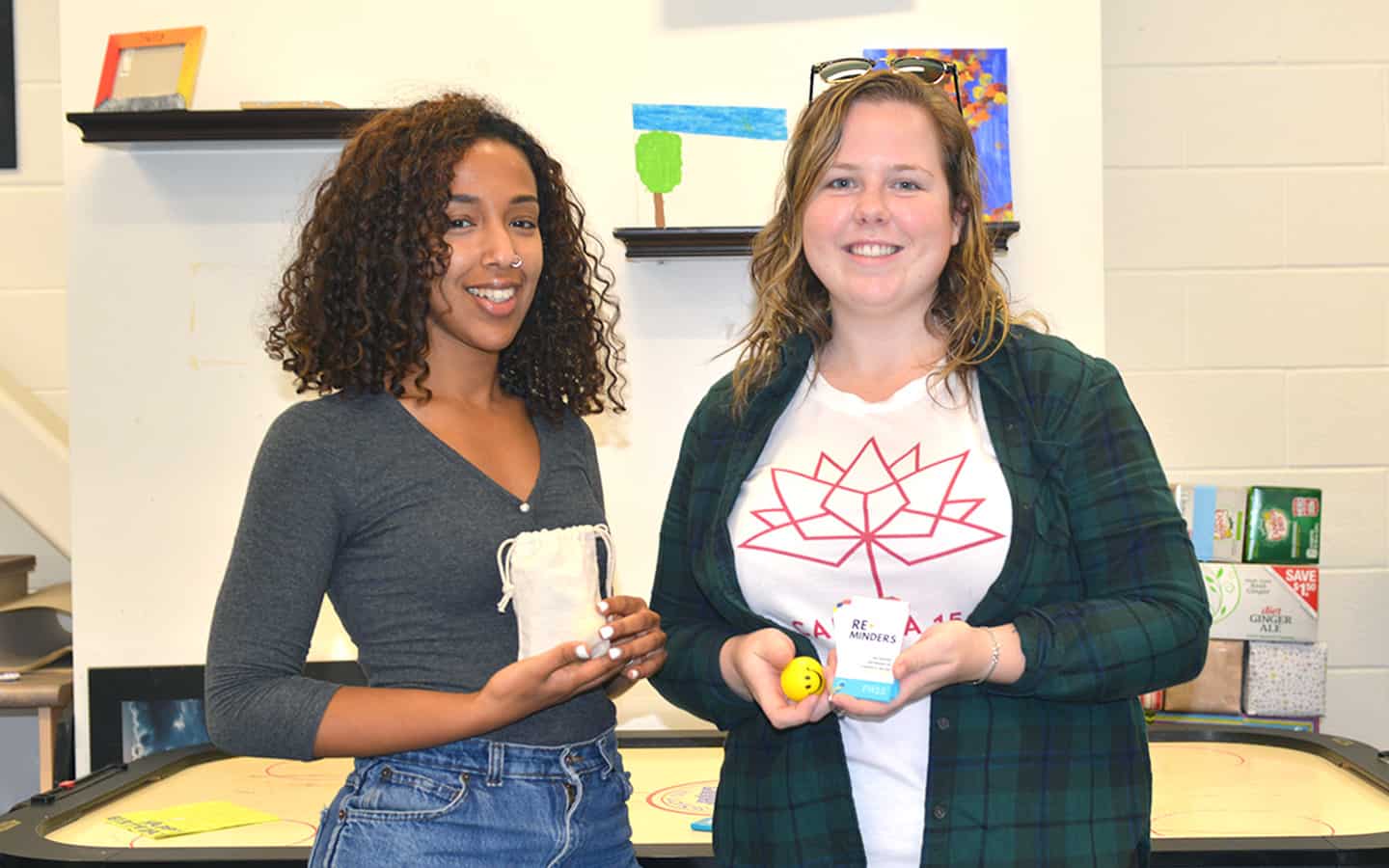The changing nature of volunteerism and, indeed, the very nature of communities themselves means there’s often less response to “someone should do something” observations when it comes to improving the places we live.
Enter Doug Griffiths, who specializes in dealing with precisely such circumstances.
The author of ’13 Ways to Kill Your Community’, Griffiths will help to identify community strengths and improve Woolwich Township through a series of events that will take place at Elmira District Secondary School (EDSS) on November 14, followed by a workshop the following morning that will help the community get on the right track towards making this a better place for everyone.
“We are looking to get a broad section of the community involved, so this is aimed at getting people to think about how they want the community that they’ve chosen to live in to look and to feel,” said Inga Rinne, chair of Woolwich Healthy Communities, which identified some issues in the township and organized next week’s event in response.
Griffiths has spent years working on solutions to concerns first raised when he was a member of the legislative assembly in Alberta. What followed was a passion to help smaller communities make improvements.
“If I observed anything, it’s that power mindsets are the biggest factor for determining our success, as individuals but also within communities. Watching the community I was teaching in, the community I was farming in, and the community I lived in – watching them all shrink was frightening to me.”
During his time in provincial politics, Griffiths kept hearing the same thing over and over again: “We need to do this for the kids, we need to do this for families.” But as he gained more experience and visited some 422 small communities in Alberta, what he learned was, “If we just made communities strong, businesses would be profitable, leadership would be successful, and families could take care of themselves and each other.”
Given Griffith’s expertise in community building, WHC decided to bring him to the township to start a conversation about the attitudes that sabotage success in a community.
“A community that’s decided that it’s probably going to fail and there’s nothing they can do about its state, will fail every single time,” he said, noting that’s why people need to come together to work on bridging the gaps in a community.
Starting with the youth in the community, there will be a special presentation at 1 p.m. for EDSS students that will aim to engage them to begin helping out in the community and becoming strong leaders for the future generations to come.
The problem is many of these kids hear nothing but despair and hopelessness from the adults in the community, Griffiths says, which often discourages youth from getting involved.
“We want our communities to be successful but half the time our attitudes and our actions don’t reflect that. We wind up doing the exact opposite,” he added.
When asked why young people aren’t as involved in community initiatives as they once were, Griffiths said that’s not the case, but rather so just like other aspects of the community, the way people volunteer is changing.
“They have a different mindset. They’re not even problem-solvers, they’re solution-seekers. Young people don’t want to belong to an organization, just like they don’t want to belong to a company. They want to work on the cause,” Griffiths said of the approach taken by youth who are involved in their communities.
Instead of agonizing the fact that they’re not as involved, people should work on adapting and reinventing these old community organizations so that they work with the younger generation, explains Griffiths.
“The organizations that are still going to be focusing on getting together every Thursday are not going to survive, but the ones that focus on the cause and not necessarily on the meetings may survive the transformation.”
Later in the evening, there will be a showcase of some 20 community organizations that will promote their services and will allow a chance for people to see what groups are available to join, explained Rinne.
“Our community has grown quite substantially in the past few years so we have a lot of relative newcomers to the community and they might not necessarily be aware of a lot of the things that are going on and a lot of opportunities that there are,” she said, adding she hopes people will take the time to come out and browse what is offered.
The showcase will then be followed by a presentation by Griffiths at 7 p.m. for all community members that are interested in learning more about the attitudes and the elements of change that need to happen for a community to be successful.
“If you want it to be better don’t complain and say ‘someone else needs to do it.’ You need to do something about it. No matter where anyone goes, they will be a part of a community,” he stressed.
Griffiths will also host a question-and-answer session so that community members can address important topics such as: How do you get rid of negativity? How do you change mindsets? Where’s the first place we should start to build our community? How important is it to work together?
On November 15 from 8:30 a.m. until noon, Griffiths will share his expertise with the local organizations through a workshop that will teach them about solutions and the next steps to take to create a better community. The focus will be to find out the next steps and sharing information and different perspectives of each group so that as a whole they can decide where to go next.
“I like to make sure that everyone walks out of there knowing what they should do tomorrow,” said Griffiths.
To learn more or register for the free event, check out the Healthy Woolwich website. The community showcase will start at 6 p.m. on November 14 at EDSS, followed by Griffith’s presentation at 7 p.m., with the Q&A from 8:30-9 p.m. The Somebody Should Do Something workshop will take place at EDSS on the following morning at 8:30, aimed at community members and organizations.









